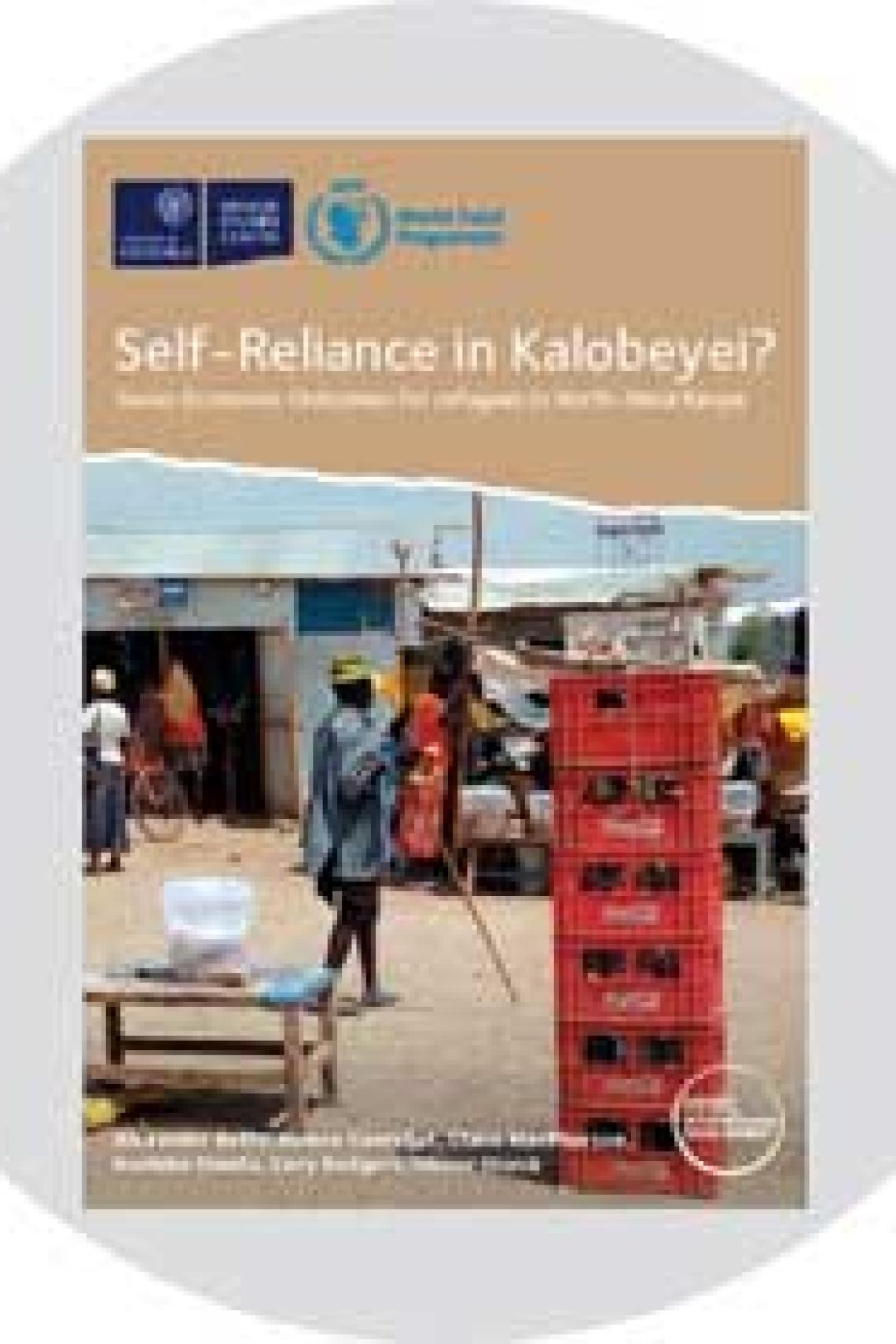New RSC report compares self-reliance and aid models in two Kenya refugee settlements
The Refugee Economies programme at the Refugee Studies Centre (RSC) has published a new report which compares outcomes for refugees in two settlements in Kenya which broadly follow two different approaches to assistance: a ‘self-reliance model' and an ‘aid model’.
The report compares the socio-economic situation of recent (post-2015) South Sudanese arrivals living in the new Kalobeyei settlement (set up under a ‘self-reliance model’) to the situation of recent arrivals living in the old Kakuma camp (under an ‘aid model’).
The report examines three central questions: How can we measure self-reliance for new arrivals in both contexts? To what extent is self-reliance greater in the new Kalobeyei settlement compared with Kakuma camp? And how can self-reliance be enhanced in such a difficult environment? In addition to outlining a methodologically innovative study, the report also proposes policy recommendations.
The Kalobeyei settlement was conceived in 2015, 30 kilometres from Kakuma in Turkana County. A joint initiative of UNHCR and the regional government, its aim was to take pressure off the Kakuma camps and to transition refugee assistance from an aid-based model to a self-reliance model. It would offer opportunities for economic inclusion and greater interaction with the host community.
However, the unexpected arrival of large numbers of South Sudanese refugees required a need for greater flexibility in the implementation of this model, and emergency assistance was made available. Nevertheless, Kalobeyei’s planners have retained a significant commitment to self-reliance. Given that recently arrived South Sudanese refugees have been allocated to both Kalobeyei and Kakuma, this offers a unique opportunity to compare outcomes for refugees across the two contexts.
The research is funded by the World Food Programme.
Self-Reliance in Kalobeyei? Socio-Economic Outcomes for Refugees in North-West Kenya, by Alexander Betts, Remco Geervliet, Claire MacPherson, Naohiko Omata, Cory Rodgers, and Olivier Sterck.

